Israeli Prime Minister Benjamin Netanyahu is set to meet with his security cabinet this week to decide the country’s next steps in Gaza, following the collapse of indirect ceasefire talks with Hamas. A senior Israeli official suggested that renewed military action remains a likely option.
During a visit to Israel last Saturday, US Middle East envoy Steve Witkoff said he was working closely with the Israeli government to devise a strategy for ending the conflict.
Despite international pressure, Israeli leaders have floated plans to escalate the military campaign in Gaza and potentially annex parts of the war-torn enclave.
The failed negotiations in Doha were aimed at advancing a US-backed proposal for a 60-day ceasefire, during which humanitarian aid would enter Gaza and Hamas would release half of the hostages in exchange for Palestinian prisoners held in Israeli jails.
Following Netanyahu’s meeting with Witkoff last Thursday, a senior Israeli official stated that “an understanding was emerging between Washington and Israel” of the need to transition from a truce to a comprehensive agreement that would “release all hostages, disarm Hamas, and demilitarise the Gaza Strip,” one of Israel’s key conditions for ending the war.
According to a person acquainted with the situation, Israel saw the envoy’s visit as “very significant.”
But later on Sunday, the Israeli official signalled that pursuit of a deal would be pointless, threatening more force:
Quick Reads
View All“An understanding is emerging that Hamas is not interested in a deal and therefore the prime minister is pushing to release the hostages while pressing for military defeat.
Israel’s Channel 12 on Monday cited an official from his office as saying that Netanyahu was inclining towards expanding the offensive and seizing the entire Palestinian enclave.
“Strategic clarity”
What a “military defeat” might mean, however, is up for debate within the Israeli leadership. Some Israeli officials have suggested that Israel might declare it was annexing parts of Gaza as a means to pressure the militant group.
Others, like Finance Minister Bezalel Smotrich and National Security Minister Itamar Ben-Gvir want to see Israel impose military rule in Gaza before annexing it and re-establishing the Jewish settlements Israel evicted 20 years ago.
The Israeli military, which has pushed back at such ideas throughout the war, was expected on Tuesday to present alternatives that include extending into areas of Gaza where it has not yet operated, according to two defence officials.
While some in the political leadership are pushing for expanding the offensive, the military is concerned that doing so will endanger the 20 hostages who are still alive, the officials said.
Israeli Army Radio reported on Monday that military chief Eyal Zamir has become increasingly frustrated with what he describes as a lack of strategic clarity by the political leadership, concerned about being dragged into a war of attrition with Hamas militants.
A spokesperson for the Israel Defense Forces (IDF) declined to comment on the report but said that the military has plans in store.
“We have different ways to fight the terror organization, and that’s what the army does,” Lieutenant Colonel Nadav Shoshani said.
On Tuesday, Qatar and Egypt endorsed a declaration by France and Saudi Arabia outlining steps toward a two-state solution to the Israeli-Palestinian conflict, which included a call on Hamas to hand over its arms to the Western-backed Palestinian Authority.
Hamas has repeatedly said it won’t lay down arms. But it has told mediators it was willing to quit governance in Gaza for a non-partisan ruling body, according to three Hamas officials.
It insists that the post-war Gaza arrangement must be agreed upon among the Palestinians themselves and not dictated by foreign powers.
Israel’s Foreign Minister Gideon Saar suggested on Monday that the gaps were still too wide to bridge.
“We would like to have all our hostages back. We would like to see the end of this war. We always prefer to get there by diplomatic means, if possible. But of course, the big question is, what will be the conditions for the end of the war?” he told journalists in Jerusalem.


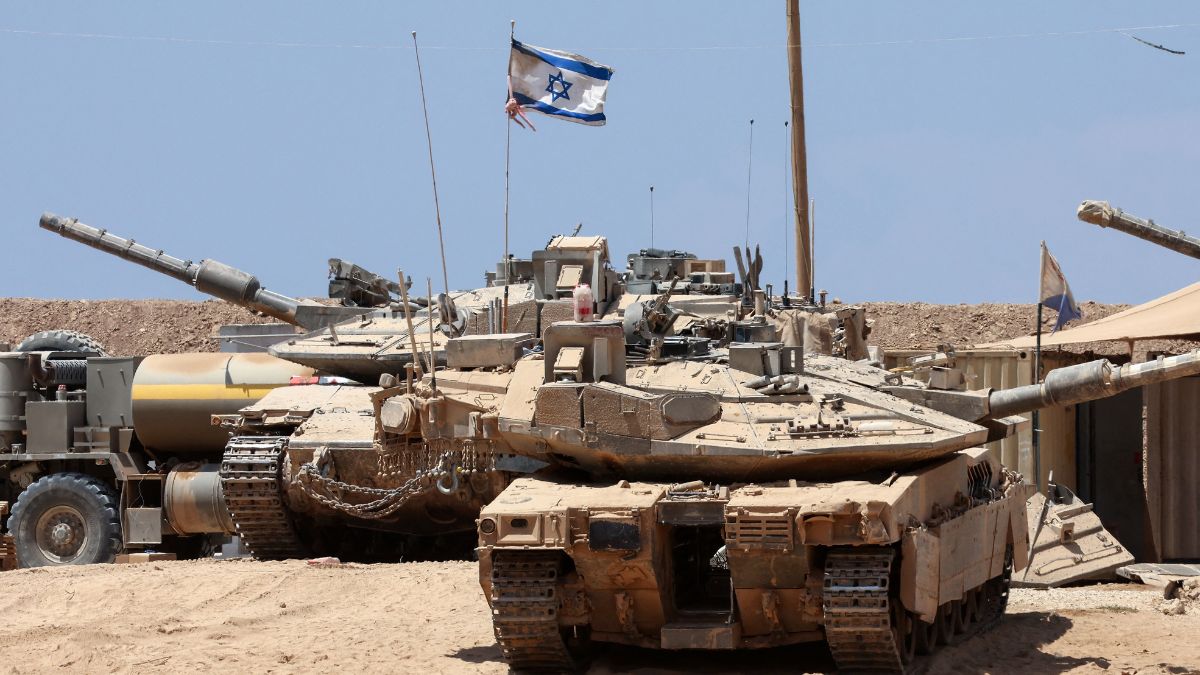)
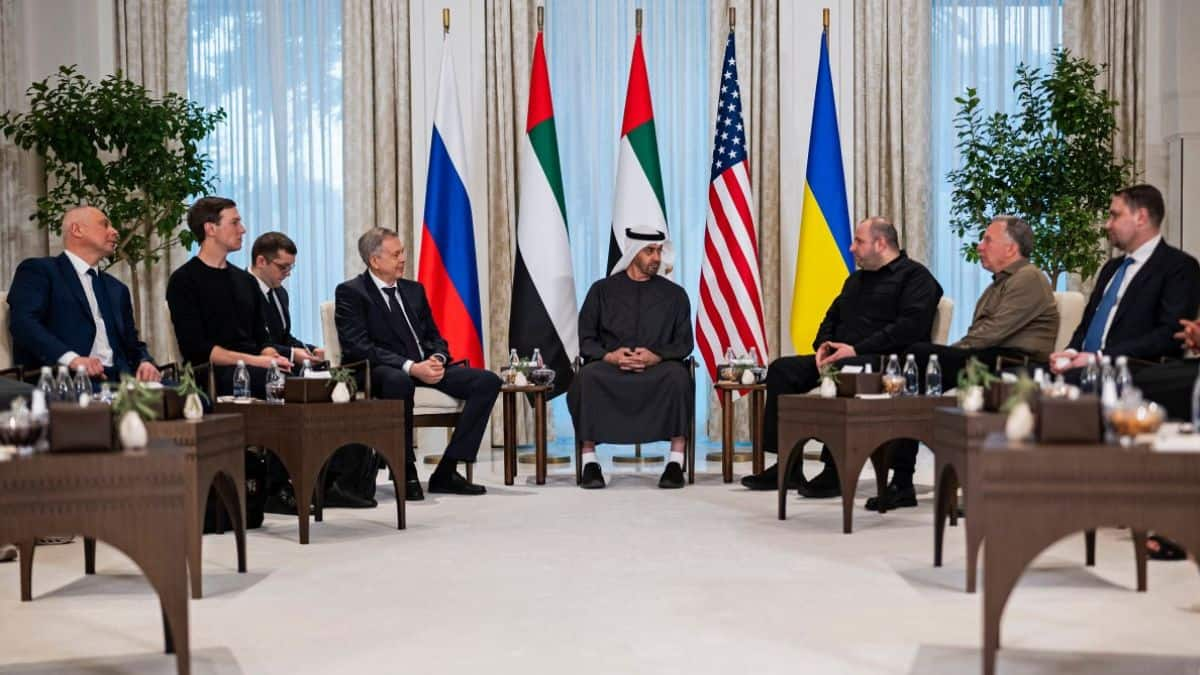
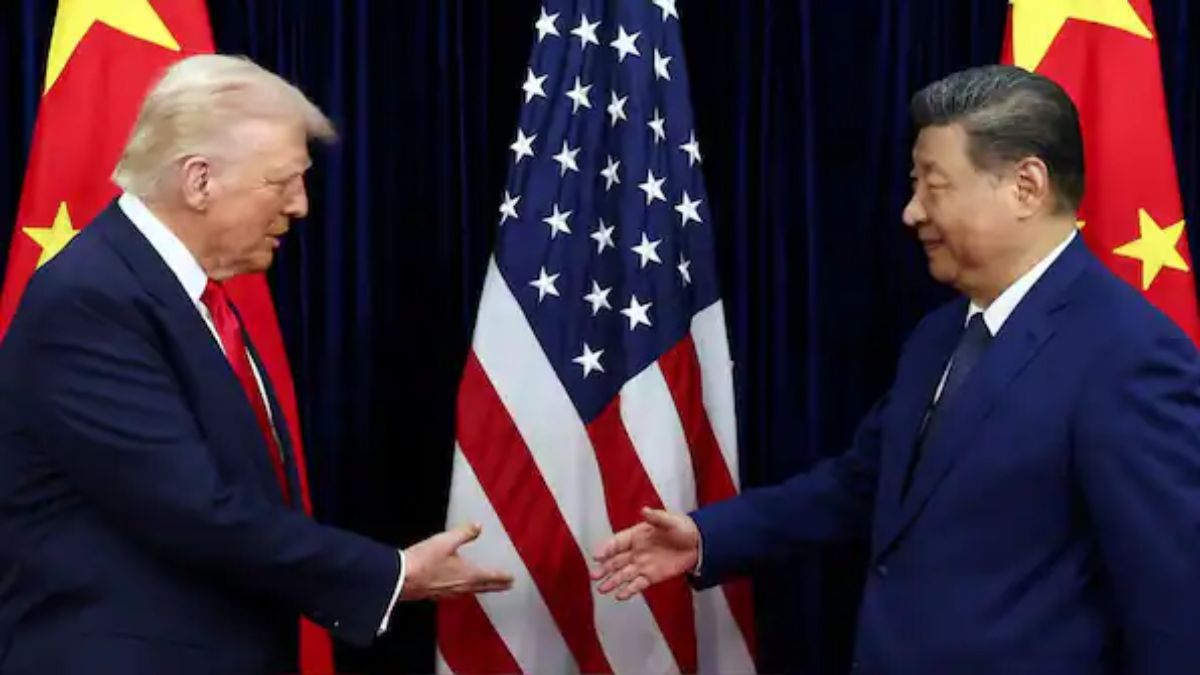)
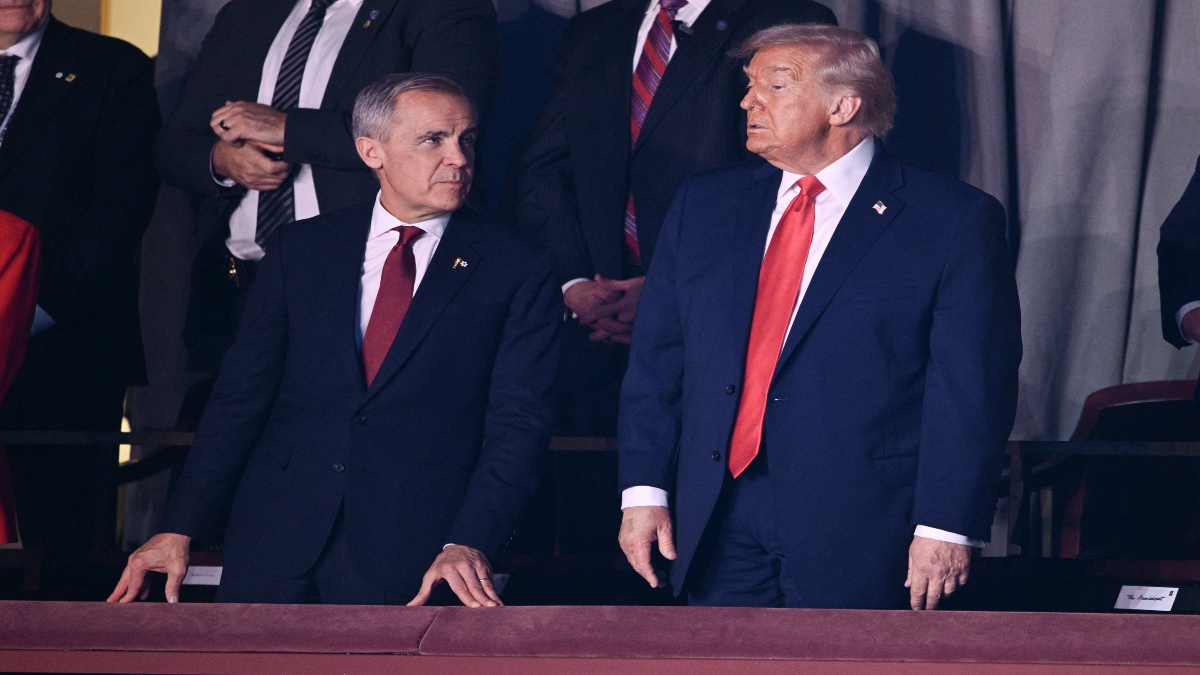)
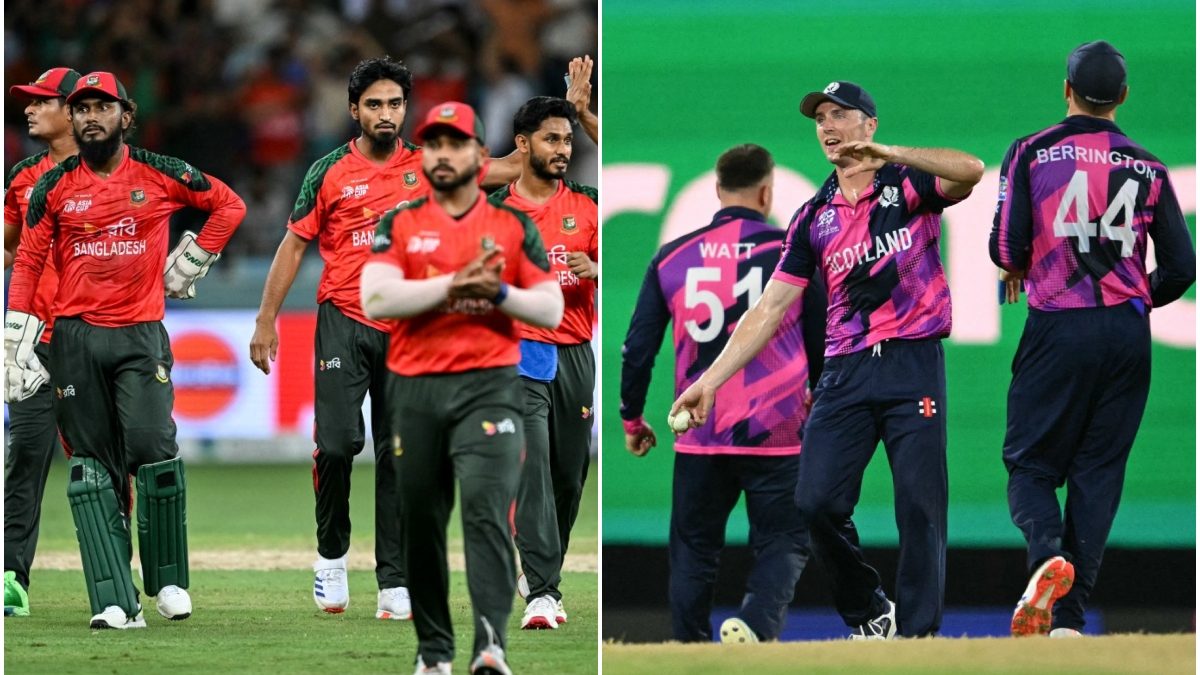)
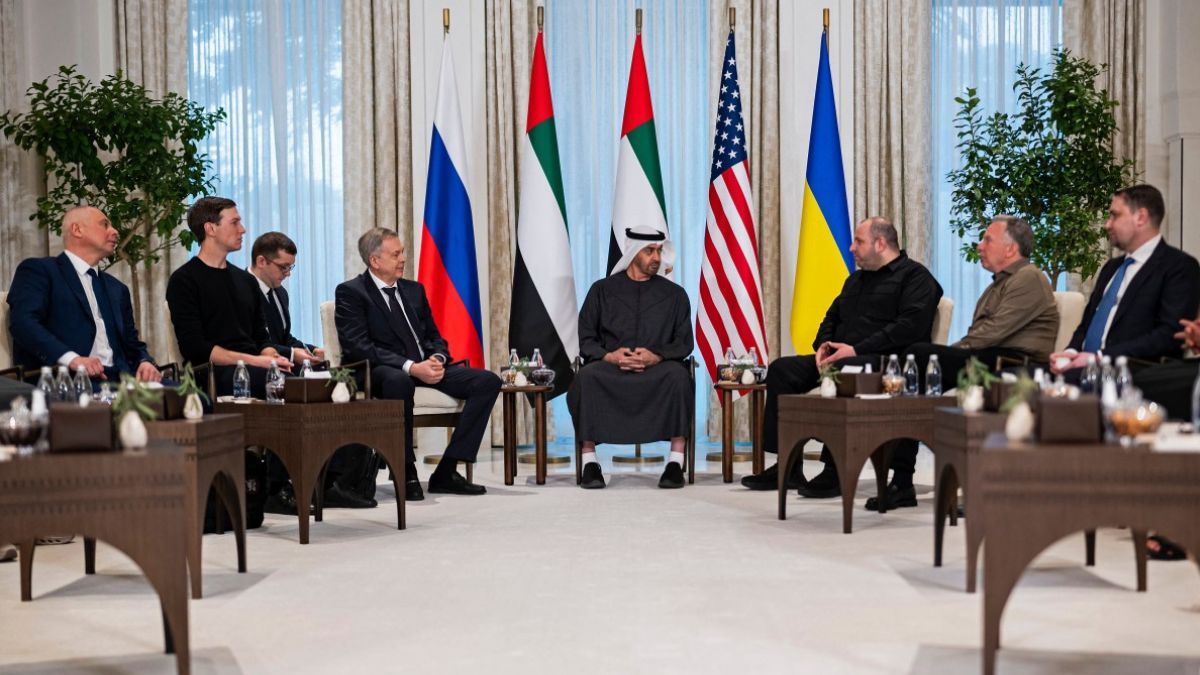)
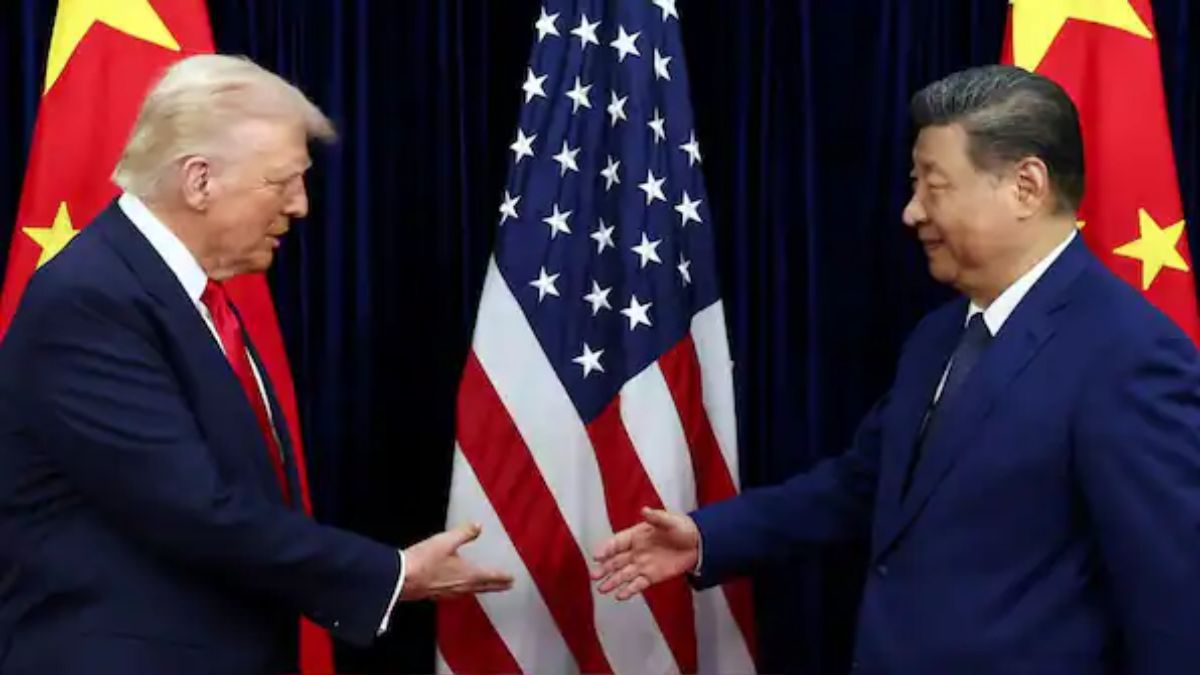)
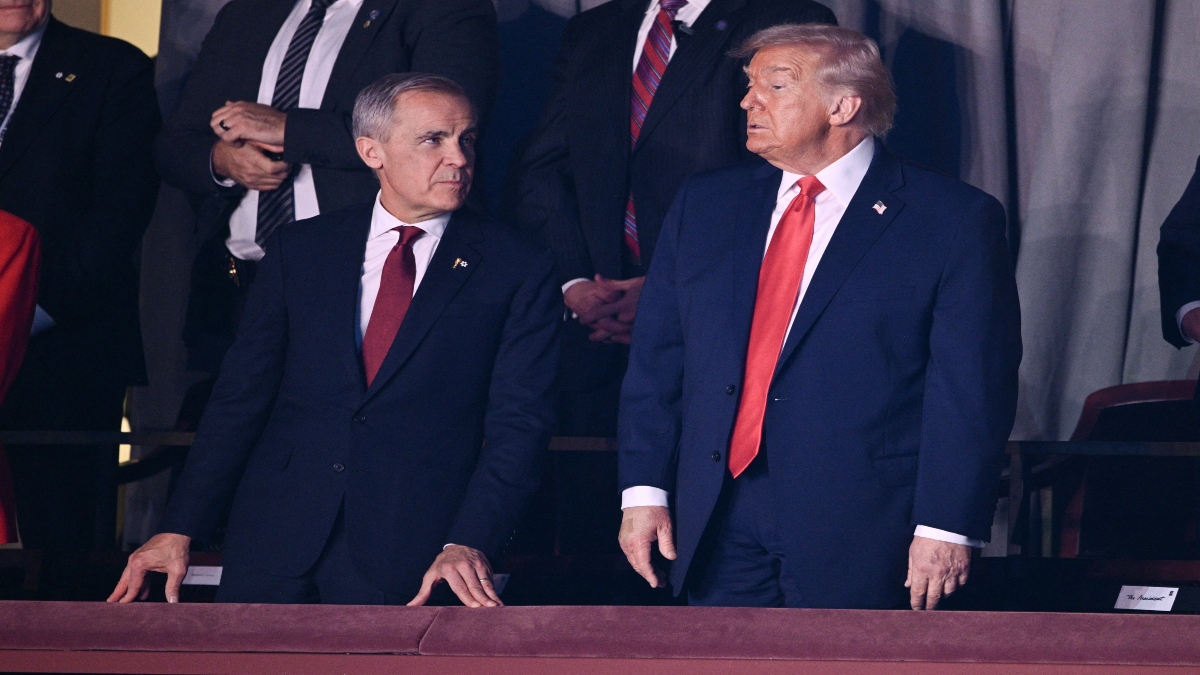)
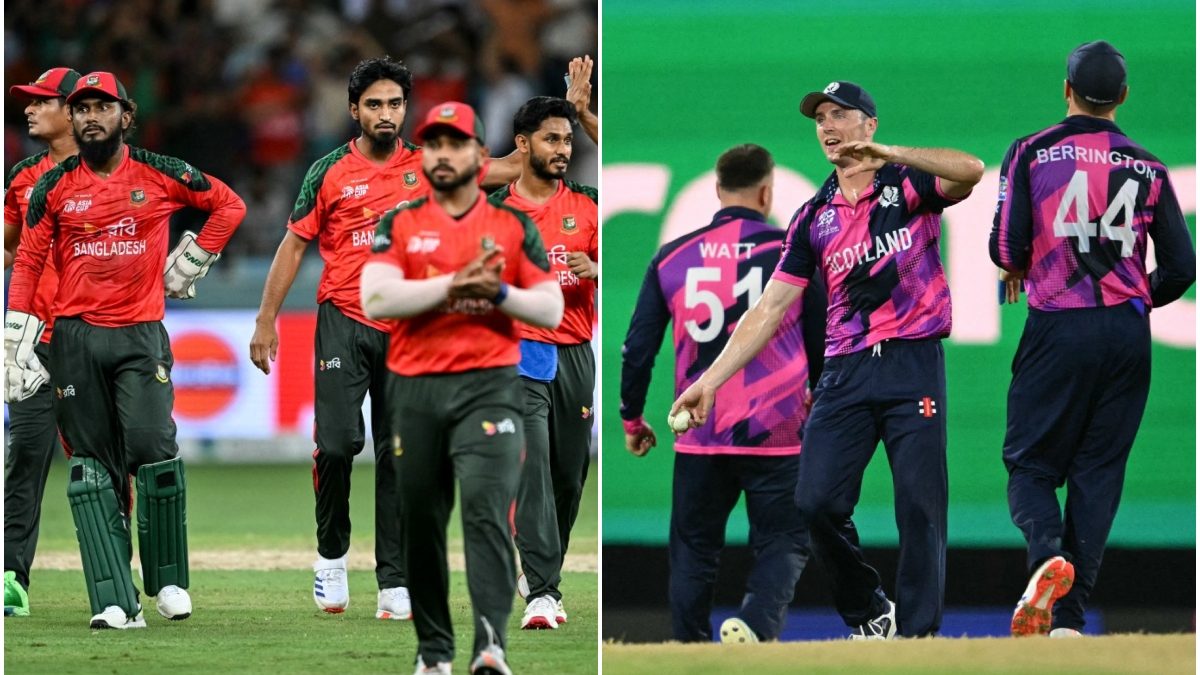)
)



